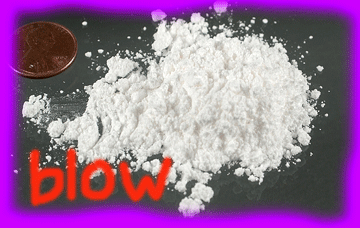

The U.S. Sentencing commission is on the verge of righting the wrong created in the 1980’s when changes in sentencing laws slammed anyone caught with crack cocaine with much harsher sentences than equivalent offenses involving powder cocaine.
Here’s a clip from the LA Times story.
Finally.
(Now if “liberal” California can just get its !&^%$@!*! act together and address this and other sentencing reforms so desperately needed in our prison-haunted, Golden State.)
[snip]
Under pressure from federal judges, inmate advocacy groups and civil rights organizations, federal authorities are considering a sweeping cut in prison sentences that could bring early release for thousands of federal inmates.The proposal being weighed by the U.S. Sentencing Commission would shave an average of at least two years off the sentences of 19,500 federal prisoners, about 1 in 10 in the 200,000-inmate system. More than 2,500 of them, mainly those who have already served lengthy sentences, would be eligible for release within a year if the rule is adopted.
Such a mass commutation would be unprecedented: No other single rule in the two-decade history of the Sentencing Commission has affected nearly as many inmates. And no single law or act of presidential clemency, such as grants of amnesty to draft resistors and conscientious objectors after World War II and the Vietnam War, has affected so many people at one time.
Most experts believe that the penalties exaggerate the relative harmfulness of crack compared with powder cocaine. Another concern is that setting such low thresholds for punishing crack offenders has led to the lengthy imprisonment of low-level street dealers, couriers and lookouts, rather than major drug traffickers.
The disparity is under siege on several fronts. There is bipartisan legislation in Congress that would narrow the penalties for crack compared with those for powder cocaine. The Supreme Court is considering a case this term that would give judges even more discretion to reduce sentences in crack cases.
The widely differing treatment of crack offenders is “fundamentally unjust,” said Reggie B. Walton, a federal judge in Washington.As a top White House drug-control official in the 1980s, Walton advocated for tougher sentences in crack cases. But he said the penalties in hindsight had become too severe….
Read the rest here.

From the linked article: “It is one of the very important civil rights issues of our day,” said Hilary O. Shelton, director of the Washington office for the National Assn. for the Advancement of Colored People, which has long pushed for changing cocaine laws.
Well, doesn’t that speak volumes.
I think it’s a good thing.